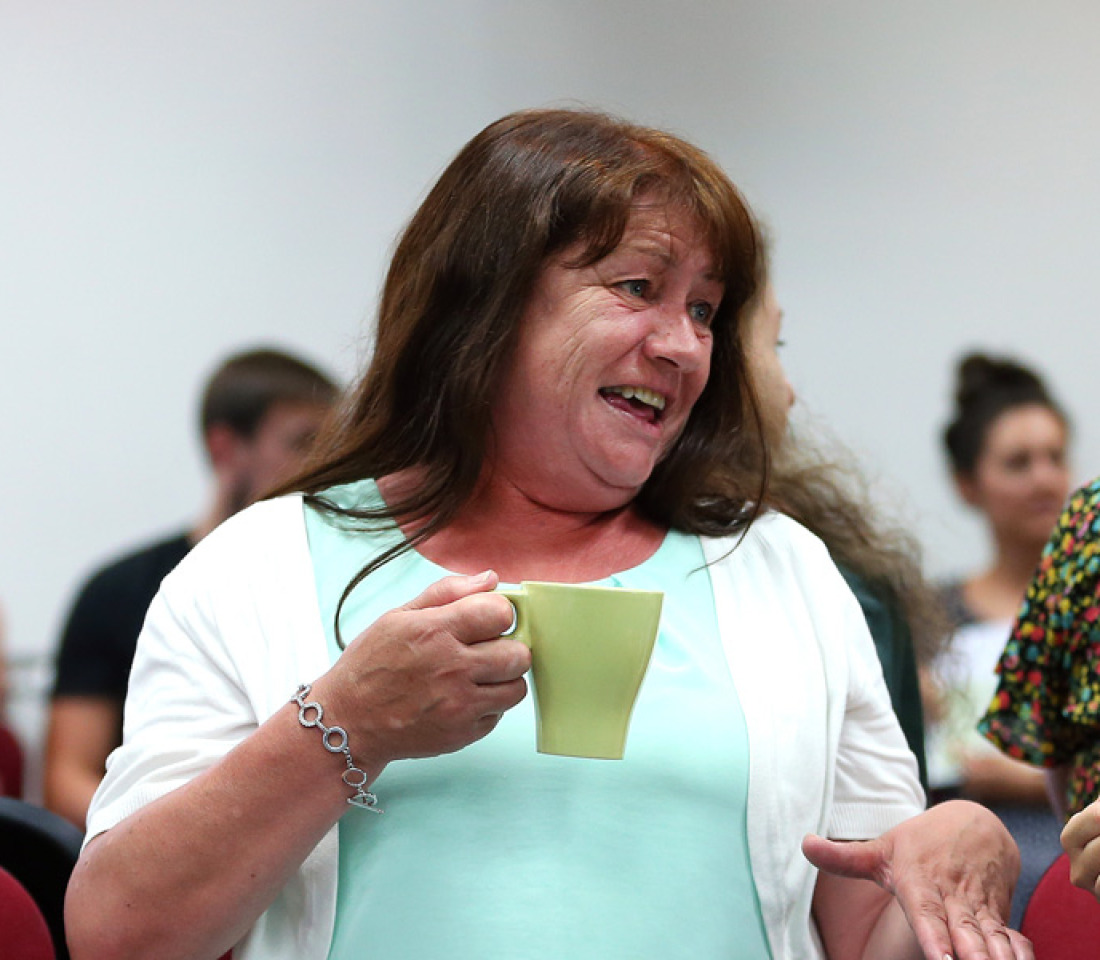
Are you living with long COVID? Here’s how to manage your symptoms at home
Day-to-day tips on dealing with long covid and the after-effects of coronavirus
Whilst coronavirus passes quickly for most, some people are still facing the long-term effects of long COVID.
Typical symptoms of long COVID, also known as post-COVID fatigue syndrome and post-viral fatigue, include fatigue, breathlessness, anxiety, depression, palpitations, chest pains, joint or muscle pain, muscle weakness, joint stiffness, a persistent cough, weight loss, memory problems and ‘brain fog’.
This blog outlines some advice about how to manage long COVID symptoms.
Plan your days
Creating a plan for your days and weeks is useful to get things done while living with fatigue, without causing too much stress for yourself. When creating your plan, divide up the tasks you find more important and less important so you can prioritise what you are doing with your days, and energy.
Those less important tasks can then be left for another day until they become the important task, and so on. You may find some tasks in your day too big and tiring to complete, or you may not have the energy for them. A plan can help you break that single task up into small chunks that can be done a day at a time.
Keeping your plan flexible is important so you can accommodate for those tougher days or week you may come across. Spoon theory is another way of looking at this.
Rest – listen to your body
Sleep and rest are a big part of the body’s natural healing process from any viral infection. That is why every night you should aim to get around 7 to 8 hours of solid, uninterrupted sleep.
If you are struggling with getting enough sleep, there are some simple things you can do that might make all the difference. Having a warm bath just before bed or listening to some chilled-out music can help you relax and fall asleep more easily.
If you prefer to make you bedroom as quiet as possible, turn off your TV and other electronical devices that can distract you from that solid sleep. Drinking caffeine will keep you up, so avoid drinking any caffeine after lunchtime.
Healthy eating and drinking
Some people may experience significant weight loss from post-viral fatigue or long COVID. That is why it’s important to be making sure you’re eating enough of your 5 a day every day to stay healthy. It can be a struggle eating the amount of food you need to eat everyday with long COVID.
Even simply splitting up your normal meals a day into smaller meals spread across the day can make eating seem like much less of a task. Multivitamins could be an option if you are struggling to keep a balanced diet. Eating your 5 a day and drinking water will make all the difference with giving you that extra energy you need throughout the day as well.
Gentle to moderate exercise
Staying physically active will have so many benefits towards not only your physical health but mental health as well. Just going on one short walk a day is enough to be getting you out the house and keep you feeling active. From then you can even build on that and go on more walks and longer walks.
Even phoning a friend for a chat or having a listen of the radio once a day is great for your health and can keep you feeling positive. There’s so many things to do and to think of that you know you will enjoy doing, even with lockdown restrictions. However, be sure you’re not pushing yourself too hard when you are still in recovery. Check out The Brain Charity’s activities here.
Prioritise your mental health
We understand that dealing with long COVID and feeling fatigued may prevent you from doing lots of things, and this can make you feel fed up, frustrated, anxious and even depressed. This is why it’s really important that in these times you are prioritising your mental and emotional wellbeing.
By doing this you try should avoid any stressful or difficult situations wherever possible. If you find that you’re feeling really anxious or you’re feeling depressed (tearfulness, loss of interest in activities, loss of self-esteem) please make sure that you speak to your GP and get the help you need. The Brain Charity also provides free counselling. You are not alone; you will get better!
Explain your situation to family and friends
Post-viral fatigue symptoms are can have an effect on your close relationships, like with your kids, partner or parents. Let them know what has happened and what you are feeling. That way they can figure out ways they can help you.
They could do this by helping you with your daily plans, or completing some tasks that you were going to struggle to do. An explanation of what you are dealing with will go a long way and hopefully they will understand and accept the restrictions you now face.
Try to avoid over-working yourself
The ideal scenario for many people is if possible to avoid anything work, school or college-related while you recover. Many situations in jobs or school may include physical and mental which you may find difficult. Keep in touch with your employer or school and explain your situation to investigate necessary options such as a flexible return.
If you are employed, you may be entitled to financial schemes or benefits that will allow you to keep an income while being out of work. The Brain Charity can support you with sick pay and benefit applications, as well as giving you information on your rights at work.
Keep your GP informed
Let your GP know any symptoms or worsening symptoms you are experiencing from long COVID. Your GP is there to help you and provide the best support in terms of your physical health. Despite face-to-face consultations being less easy to come by in these times, your GP should still be able to contact you via phone or video call.
To get support on managing long COVID, click here to find contact details for The Brain Charity’s departments and services.
Category: Advice
Published: 2 November 2021
















